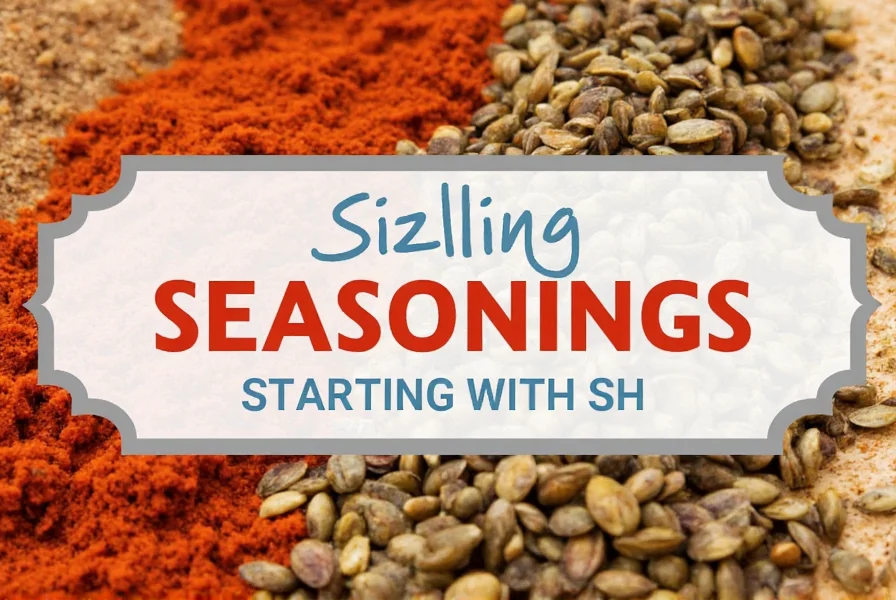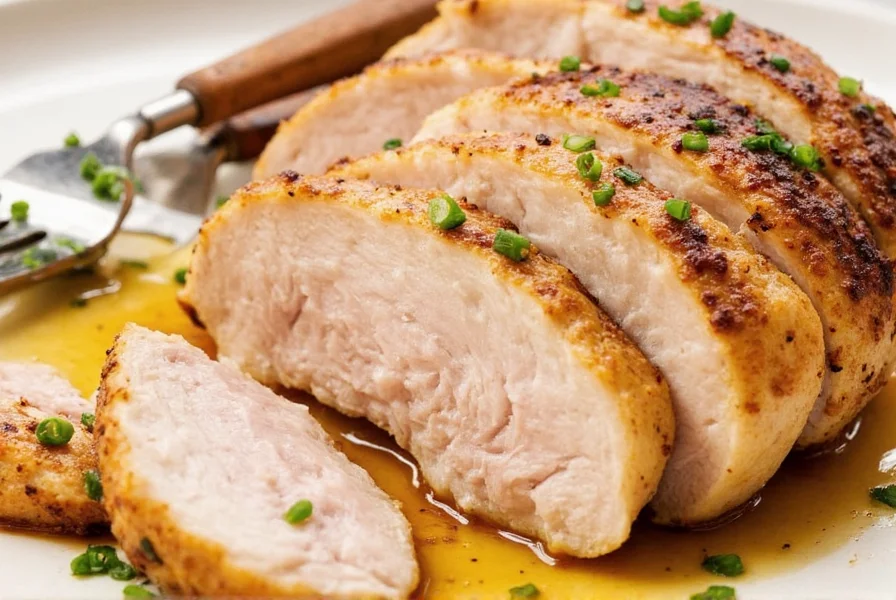Table of Contents
- Introduction
- Why Substitute Green Peppercorns?
- Top 5 Green Peppercorn Substitutes
- Buying Guide: What to Look For
- Storage & Usage Hacks
- Frequently Asked Questions
- Conclusion
Green Peppercorns vs. Bell Peppers: Clarifying the Confusion
Important: This guide covers substitutes for green peppercorns (a spice made from unripe black pepper), not green bell peppers (a vegetable). If you're searching for bell pepper alternatives, see our FAQ section for clarification. Most "green pepper" searches actually refer to bell peppers, but this article focuses exclusively on peppercorn substitutes for culinary use.

Why Substitute Green Peppercorns?
Green peppercorns offer a fresh, citrusy, and slightly numbing flavor profile distinct from black or white pepper. They're commonly used in French, Thai, and Scandinavian cuisines. Here's why you might need a substitute:
- Running out of green peppercorns mid-recipe
- Seeking different flavor dimensions (e.g., less numbing, more floral)
- Regional availability issues
- Dietary restrictions (e.g., avoiding Szechuan peppercorns due to numbness)
Top 5 Green Peppercorn Substitutes (With Expert Guidance)
These substitutes have been tested by professional chefs for authentic flavor replacement. Always confirm you're working with peppercorns (spice), not bell peppers.
| Feature | Details |
|---|---|
| Flavor Profile | Citrusy, floral, with a numbing effect |
| Bite Level | Moderate heat, major mouth buzz |
| Best Used In | Stir-fries, marinades, dry rubs |

2. Cubeb Pepper (The Pirate of the Spice Rack)
| Feature | Details |
|---|---|
| Flavor Profile | Piney, clove-like, with a hint of camphor |
| Bite Level | Mild to medium heat |
| Best Used In | Curries, herbal sauces, craft cocktails |
3. Juniper Berries (The Forest Ranger)
| Feature | Details |
|---|---|
| Flavor Profile | Clean, woody, aromatic |
| Bite Level | Mild with subtle bitterness |
| Best Used In | Game meat dishes, gin infusions, roasted vegetables |
4. Coriander Seeds (The Gentleman's Pepper)
| Feature | Details |
|---|---|
| Flavor Profile | Warm, citrusy, nutty |
| Bite Level | Very mild |
| Best Used In | Roasted meats, bread, pickles, soups |
5. Pink Peppercorns (The Glamorous Alternative)
| Feature | Details |
|---|---|
| Flavor Profile | Fruity, floral, mildly peppery |
| Bite Level | Low heat, high flair |
| Best Used In | Desserts, cheese plates, salads |
Buying Guide: Choosing the Right Substitute
Always verify you're purchasing peppercorn alternatives, not bell pepper substitutes. Key considerations:
For Heat Lovers
- Szechuan Peppercorns: Best for numbing heat in Asian dishes
- Cubeb Pepper: Exotic woody notes for complex sauces
For Aroma & Depth
- Coriander Seeds: Toast for enhanced warmth in meat rubs
- Juniper Berries: Ideal for game meats and gin infusions
For Style & Presentation
- Pink Peppercorns: Visual appeal in elegant dishes
Recommended Products
- The Spice Garden – Organic Szechuan Peppercorns
- Features: Responsibly sourced, non-GMO, organic certification
- Use Case: Asian cuisine, hot pots, chili oils
- Target Audience: Home cooks and professional chefs
- Mother Nature's Harvest – Cubeb Pepper Blend
- Features: Hand-picked Indonesian cubeb, earthy and balanced
- Use Case: Curries, marinades, artisanal cheeses
- Target Audience: Gourmet foodies and adventurous home chefs
- Urban Pantry – Whole Juniper Berries
- Features: Fresh, fragrant, sustainably harvested
- Use Case: Game dishes, sauerkraut, homemade spirits
- Target Audience: Meat lovers, fermentation fans
Storage & Usage Hacks
Store peppercorn substitutes properly to maintain freshness:
General Tips:
- Keep whole spices in airtight containers away from light and moisture
- Grind only as needed to preserve volatile oils
- Label jars with purchase dates (Szechuan peppercorns lose numbing effect after 1 year)
Pro Hacks:
- Toasted Cubeb Pepper Rub: Toast cubeb with cumin and paprika for grilled chicken
- Juicy Steak with Juniper Berry Crush: Press crushed juniper into steaks before searing
- Szechuan Salt Blend: Mix crushed Szechuan peppercorns with sea salt for grilled veggies

Frequently Asked Questions
What's the best substitute for green peppercorns in savory dishes?
Szechuan peppercorns are excellent for savory dishes needing a similar bite with their unique numbing quality. Use about half the amount of Szechuan peppercorns compared to green peppercorns as they're more potent.
Can I use black pepper instead of green peppercorns?
Yes, but black pepper has a stronger, more robust flavor. Use about 75% of the amount of black pepper compared to green peppercorns to avoid overpowering your dish. Black pepper lacks the fresh, citrusy notes of green peppercorns.
How do I substitute green peppercorns in marinades?
For marinades, cubeb pepper works wonderfully as it has similar woody notes. Use a 1:1 ratio for cubeb pepper to green peppercorns. Toast the cubeb pepper lightly before grinding for best results in marinades.
Are pink peppercorns safe to eat?
Absolutely! They're related to cashews but generally safe unless you have nut allergies. Always buy from trusted sources. Pink peppercorns are perfect for finishing dishes where you want visual appeal with a mild peppery flavor.
What's the difference between green peppercorns and green bell peppers?
This is a critical distinction! Green peppercorns are unripe black pepper berries (a spice), while green bell peppers are a vegetable (capsicum). They have completely different flavors, uses, and culinary applications.
How much of a substitute should I use compared to green peppercorns?
Substitution ratios vary: For Szechuan peppercorns, use 1/2 the amount; for cubeb pepper, use 3/4 the amount; for juniper berries, use 1:1 but crush them first; for coriander seeds, use 1:1 but toast them; for pink peppercorns, use 1:1 for visual dishes but note they're milder.
How long do spice substitutes last?
Whole spices last up to 2-3 years, ground ones about 6 months when stored properly in airtight containers away from light and moisture. The numbing agents in Szechuan peppercorns degrade faster, so use within 1 year for maximum effect.
Can I make my own green peppercorn substitute blend?
Yes! Try this blend: 2 parts coriander seeds, 1 part pink peppercorns, 1/2 part Szechuan peppercorns. Toast and grind for a versatile green peppercorn substitute that captures both the floral and slightly spicy notes.
Final Thoughts: Spice It Up with Confidence
Now you know exactly which substitutes work for green peppercorns (not bell peppers!). Whether you're seeking numbing heat, floral notes, or visual elegance, these alternatives will elevate your dishes while avoiding common ingredient confusion.
Always verify you're working with peppercorns before substituting. When in doubt, check the product label for "peppercorn" or "black pepper" references rather than "bell pepper" or "capsicum".










 浙公网安备
33010002000092号
浙公网安备
33010002000092号 浙B2-20120091-4
浙B2-20120091-4